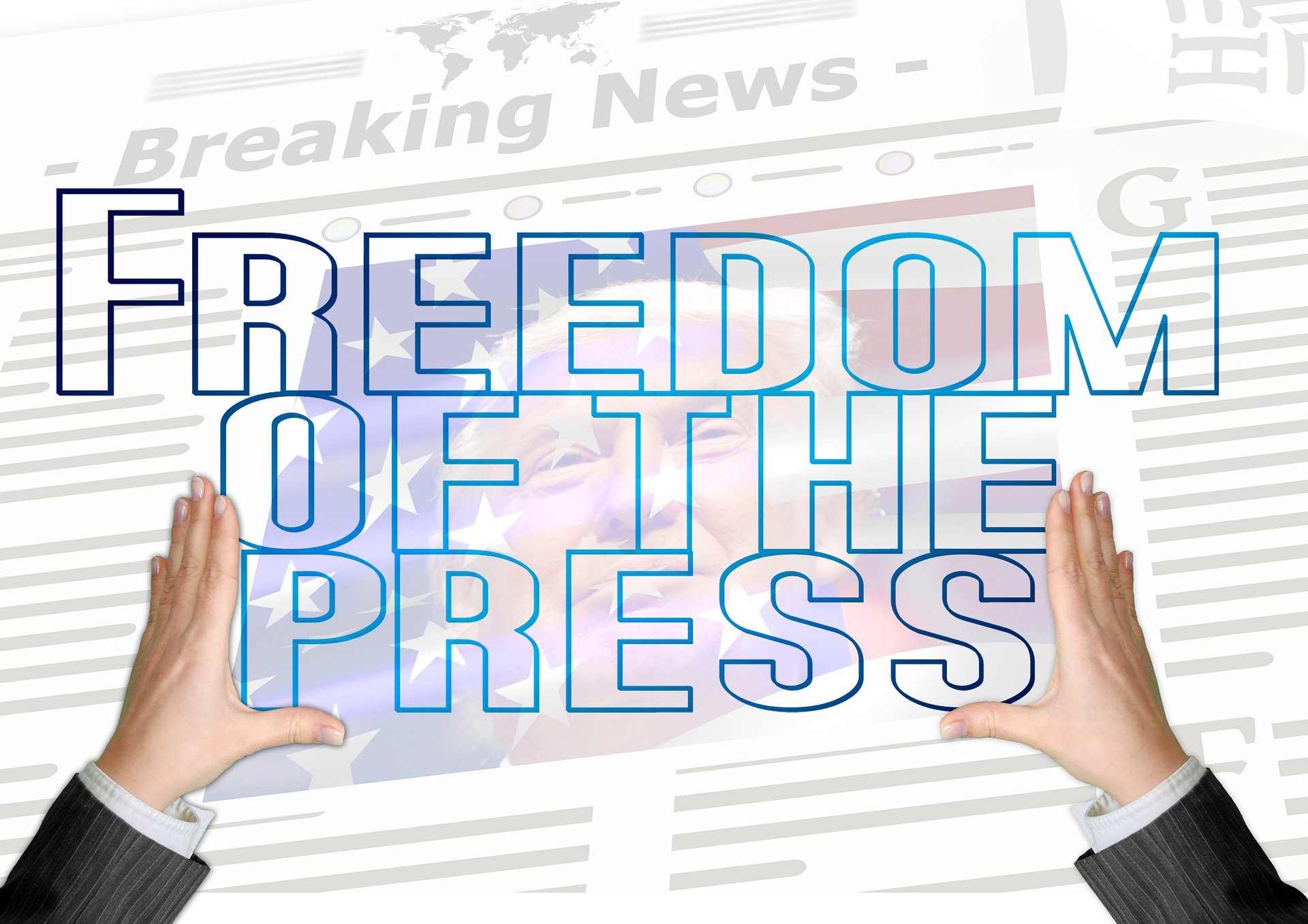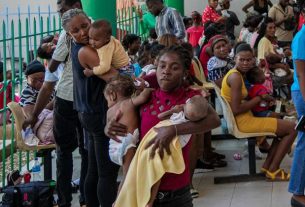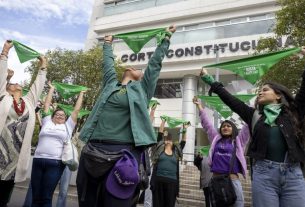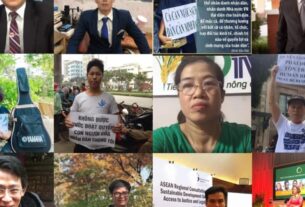Moscow, April 15 (2025) – A Moscow court has sentenced four journalists to five and a half years in prison each for allegedly collaborating with the late opposition leader Alexei Navalny’s banned Anti-Corruption Foundation (FBK), in a ruling that has drawn sharp criticism from press freedom advocates.
The journalists – Antonina Favorskaya, Sergei Karelin, Konstantin Gabov, and Artem Kriger – were convicted in a closed-door trial of participating in an “extremist organization”, referring to FBK, which the Russian government has designated as both a foreign agent and extremist.
Charges Tied to Media Work, Not Acts of Violence
According to prosecutors, the group produced content for Navalny’s YouTube channel, which has been central to his anti-corruption campaigning. All four journalists deny the charges.
Reuters, which confirmed that Gabov worked occasionally as a freelance desk producer between 2022 and 2024, said in a statement that it had “no evidence that shows the charges against him relate to his freelance work at Reuters.”
“Reuters is deeply committed to freedom of the press and opposes the imprisonment of any journalist for doing their job,” the agency said.
Karelin, also a freelancer, had previously contributed to the Associated Press, which did not immediately comment. Favorskaya and Kriger were reporters with SOTAvision, an independent outlet that has also been blacklisted as a foreign agent in Russia.
Press Crackdown Continues Amid War in Ukraine
Since Russia’s full-scale invasion of Ukraine in 2022, the Kremlin has intensified its clampdown on independent media, often accusing journalists of extremism or discrediting the military. Navalny’s network, which once mobilized large-scale protests and published high-impact investigations, has been a particular focus of suppression.
Favorskaya had notably filmed Navalny’s final court appearance the day before he died in February 2024 under mysterious circumstances in an Arctic penal colony. Russian authorities claimed he died of “a combination of diseases,” but his wife, Yulia Navalnaya, has maintained he was murdered — a view widely shared by his supporters.
While the Kremlin has denied any state involvement, U.S. intelligence agencies later concluded that President Vladimir Putin likely did not personally order the death, according to reporting by The Wall Street Journal and the Associated Press.
Public Reaction and Warnings of a Chilling Effect
Before the verdict was announced, the accused were briefly filmed behind a glass enclosure. Kriger was heard saying:
“Everything will be fine… I give this regime another year, another year and a half at most.”
Karelin added: “I hope my daughter will be proud of me.”
Alexandra Ageeva, founder of SOTAvision, told DW News the outcome had been anticipated:
“Huge prison terms were handed down to journalists who were simply doing their jobs. It is terrible.”
Senate Perera, a human rights lawyer quoted in related DW coverage, noted that such trials reflect ongoing efforts to intimidate the press and criminalize dissent in Russia.
Growing List of Detained Journalists
The sentencing adds to a growing list of media workers imprisoned in Russia, including U.S. journalist Evan Gershkovich of The Wall Street Journal and Alsu Kurmasheva, a dual U.S.-Russian citizen with Radio Free Europe/Radio Liberty.
Global watchdogs, including Reporters Without Borders and the Committee to Protect Journalists, have repeatedly condemned Russia’s treatment of journalists and its use of “extremism” charges as a political tool.
References:
- Reuters Newsroom Statement
- DW News: www.dw.com
- The Wall Street Journal and Associated Press reports
- Human Rights Watch and Reporters Without Borders archives



